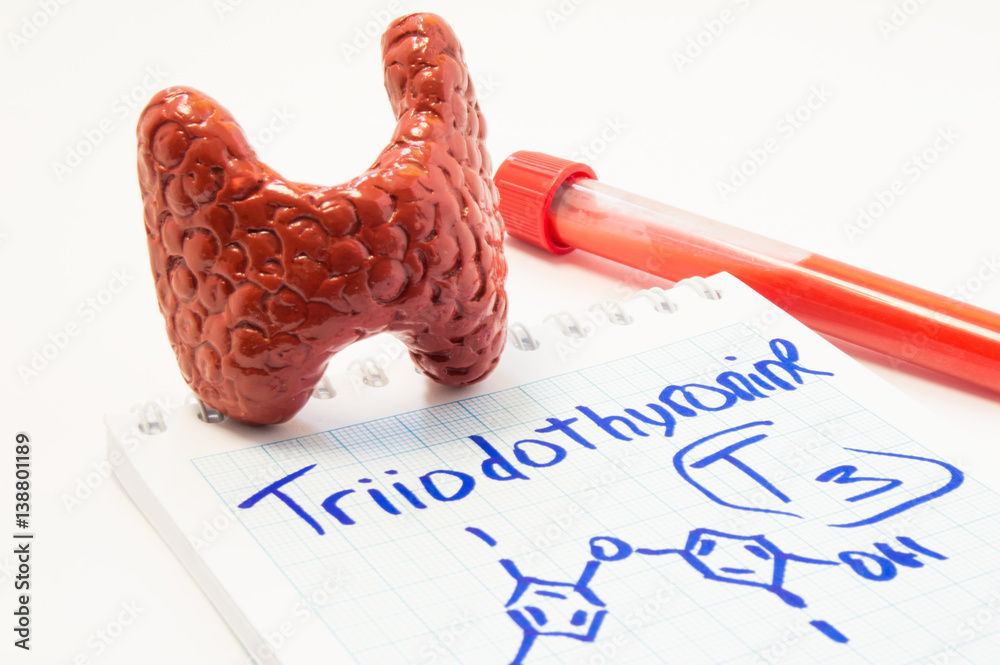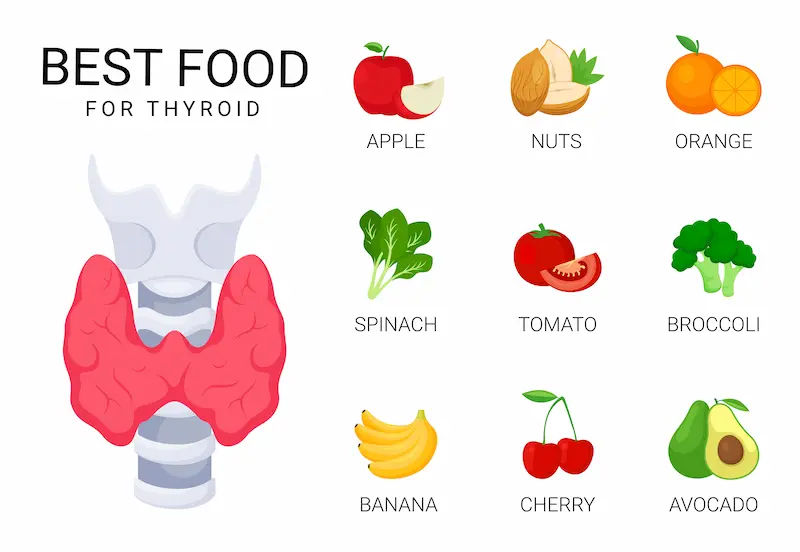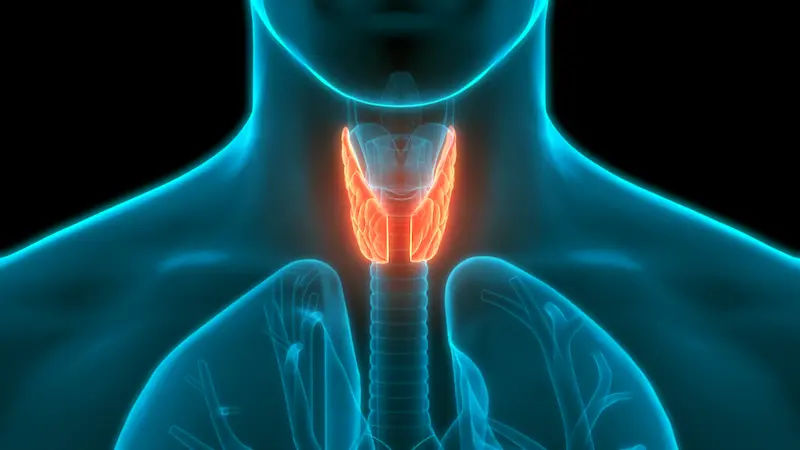- female
- 50 Years
- 01/04/2021
How can I quickly lower my blood sugar?
Answered by 1 Apollo Doctors
Exercising regularly, Low carb diet and increasing water intake.
Dr. Kareemulla Suggests...
Consult a Endocrinologist
Answered 04/07/2025
0
0


Ask Apollo
AI powered Health Chatbot
-
Immediate Actions to Lower Blood Sugar
- Drink plenty of water to help flush out excess sugar.
- Engage in light physical activity, like walking, to help lower blood sugar levels.
- Avoid high-carb foods and sugary drinks.
-
Dietary Recommendations
- Focus on balanced meals with low glycemic index foods.
- Practice portion control to manage blood sugar effectively.
-
Medications and Medical Advice
- Common medications include metformin and insulin; consult your healthcare provider before making any changes.
-
Monitoring and Follow-up
- Regularly monitor your blood sugar levels.
- Seek medical help if levels remain high or if you experience symptoms like confusion or excessive thirst.
-
Lifestyle Modifications for Long-Term Control
- Incorporate regular exercise and maintain a healthy weight.
- Manage stress through relaxation techniques.
-
When to Seek Emergency Care
- Seek urgent care if you experience very high blood sugar, difficulty breathing, or signs of diabetic ketoacidosis.
Recommended next steps
Take a PPBS Test (Post-Prandial Blood Sugar) Test
Answered 20/08/2025
0
0
More Endocrinology Health Queries
View allI'm really worried about my wife who's 15 days pregnant. Her TSH level is at 4.59 and I'm not sure if that's normal during pregnancy. If she starts taking medicine for it, could there be any negative effects after the pregnancy? Could you please advise on what's best for her health?
Your wife's TSH level of 4.59 is slightly elevated, but during pregnancy, the normal TSH range is wider due to hormonal changes. For pregnant women, the normal TSH range is: First trimester: 0.3-4.5 mIUL, Second trimester: 0.5-4.6 mIUL, and Third trimester: 0.8-5.2 mIUL. However, some studies recommend that the upper limit for TSH during pregnancy should be 2.5 mIUL
Answered by 1 Apollo Doctors
I'm dealing with diabetes and my sugar level has hit 560, but strangely, I don't feel any different or have any symptoms. I'm really concerned about this and I could really use some help figuring out a diet plan and an exercise routine. How can I get my sugar levels under control?
Elevated Blood Creatinine and Reduced Kidney Function _Interpreting test results:_ 1. _High creatinine levels_: 5.91 mgdL indicates impaired kidney function. 2. _Shrunken kidneys_: Reduced kidney size suggests chronic kidney damage. 3. _Limited kidney function_: 5-10% functioning kidneys indicate severe impairment. _Advice:_ 1. _Follow doctor's advice_: Complete the prescribed 1-month medication course. 2. _Lifestyle modifications_: Implement changes to slow disease progression: - _Dietary changes_: Limit protein, sodium, and potassium intake. - _Stay hydrated_: Drink plenty of water. - _Exercise regularly_: Engage in moderate physical activity. - _Manage bone pain_: Discuss pain management options with your doctor. 3. _Prepare for potential dialysis_: Understand the dialysis process and its implications. 4. _Seek emotional support_: Share your concerns with family, friends, or a counselor. _Consult a nephrologist:_ 1. _Specialized care_: Consider consulting a nephrologist for expert guidance. 2. _Treatment options_: Discuss potential treatment options, including dialysis, transplantation, or conservative management.
Answered by 1 Apollo Doctors
Hey, I just got my THS test results and it shows my thyroid level is at 0.06. Is that normal? I'm kind of worried because I'm pregnant and wondering if this level can affect my pregnancy. Also, any advice on how I might be able to improve it if it's not in the normal range? Would really appreciate some guidance here!
-A TSH level of 0.06 is lower than normal, indicating possible hyperthyroidism (an overactive thyroid). This condition can affect pregnancy and needs to be managed carefully to avoid complications. Please consult an endocrinologist for detailed evaluation
Answered by 1 Apollo Doctors
Disclaimer: Answers on Apollo 247 are not intended to replace your doctor advice. Always seek help of a professional doctor in case of an medical emergency or ailment.




